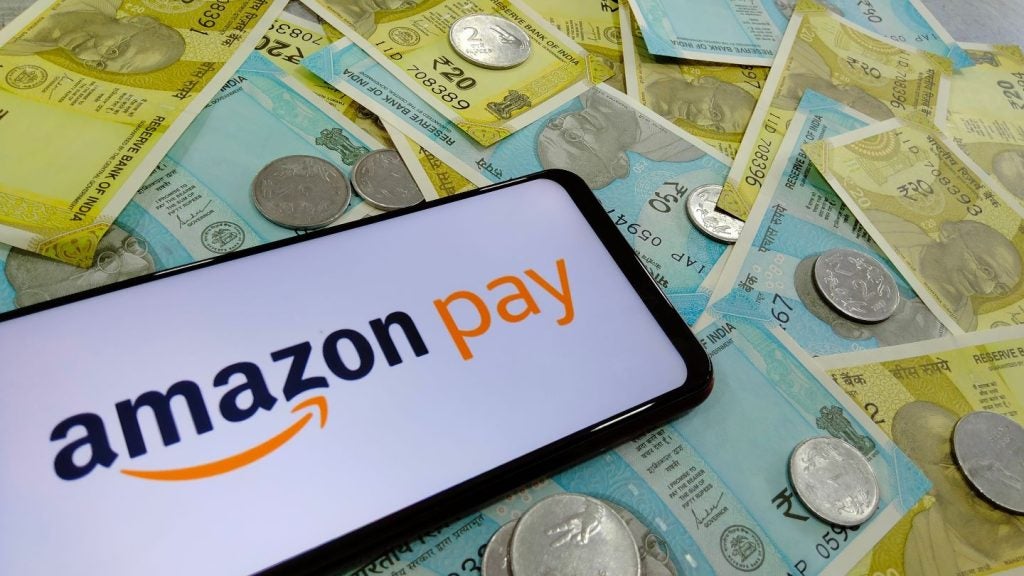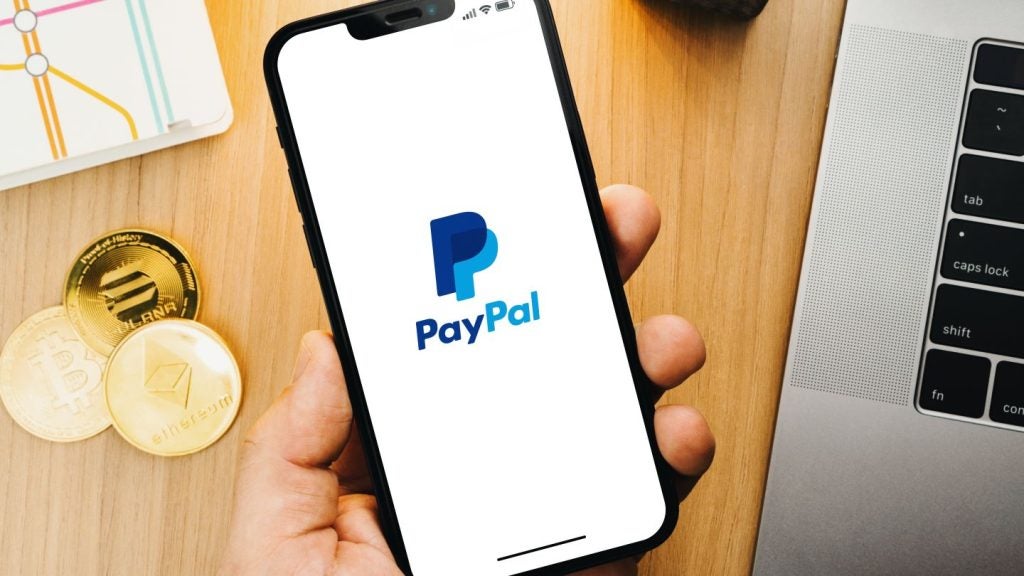Vodafone and Visa have unveiled plans for a
global partnership that will provide Vodafone’s 398-million client
base with mobile wallet services.
Starting in 2013, the new m-payment
platform will provide the service in Germany, the Netherlands,
Spain, Turkey, and the UK.
It is expected that some of the 30
countries where Vodafone has a presence would follow suit.
In a statement the companies stated that
this Vodafone-branded proposition would be backed with a Visa
prepaid account and offered to consumers in partnership with Visa
issuers.
Partners of all relevant industries such as
financial institutions, retailers, transport and utility
companies
The services would enable Vodafone’s
consumers to pay for goods and services using their mobile phones
in an attempt to offer an alternative to cash and cards.

US Tariffs are shifting - will you react or anticipate?
Don’t let policy changes catch you off guard. Stay proactive with real-time data and expert analysis.
By GlobalDataThe companies affirm that the platform
would be open to any service provider from all industries such as
financial institutions, retailers, transport and utility
companies.
The platform would allow making purchases
with smartphones at the-point-of sale using NFC and Visa’s
payWave.
The service will be compatible with GSM’s
association standards the global mobile industry body, both
companies acknowledged.
Visa’s announcement has the potential to fill a significant hole
in the current payments ecosystem, said Ovum analyst Catherine
Haslam.
She argued that this type of relationship will replace
complicated and long negotiations between operators and financial
institutions – a prerequisite for operators to offer such
services.
“In effect Visa is doing what it’s been threatening to do for
several years and expanding its traditional intermediary role in
payments to mobile. The fact that it is also supporting non-Visa
payments shows that the payments giant recognises that ubiquity is
the key to success in mobile money systems,” said Haslam.






